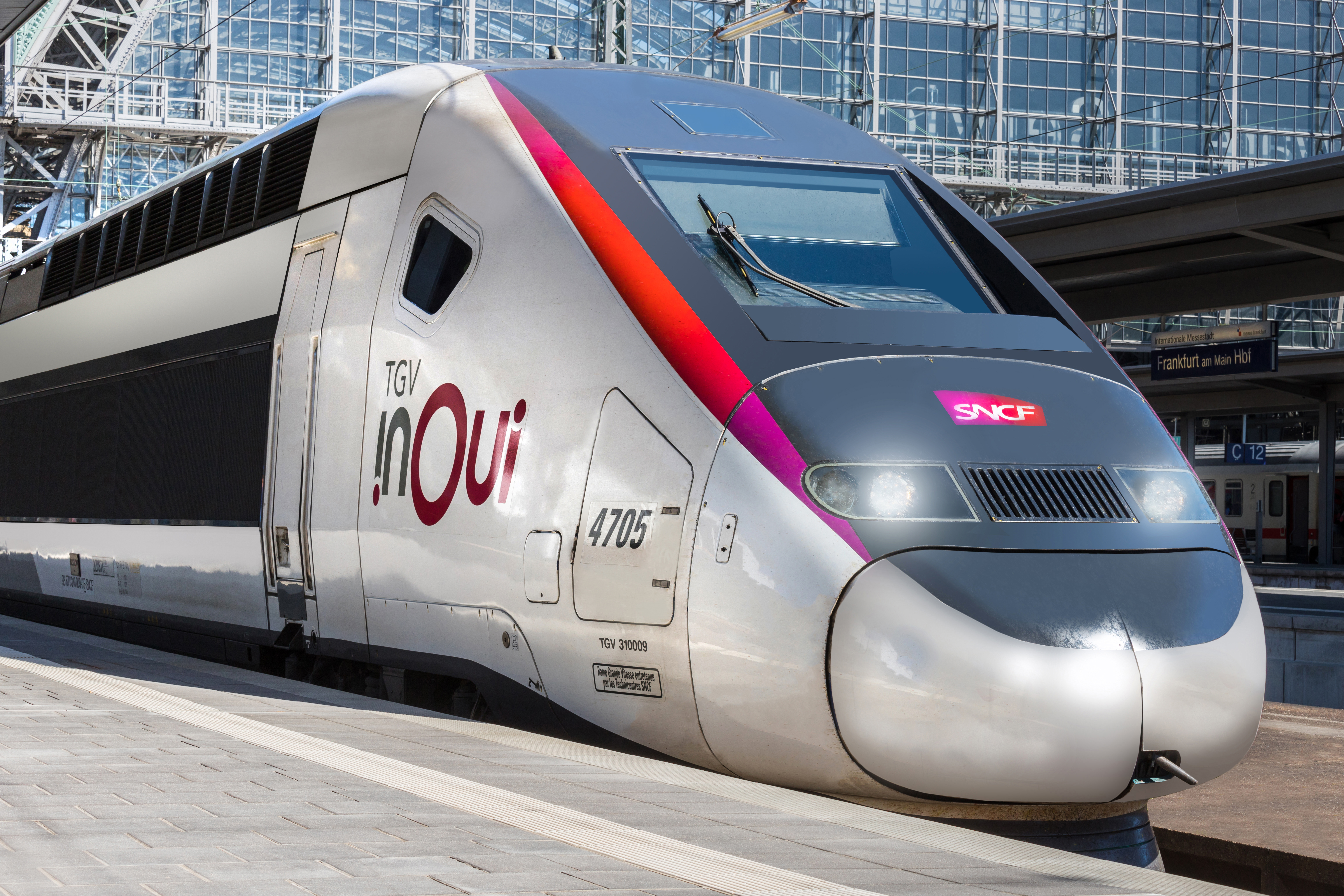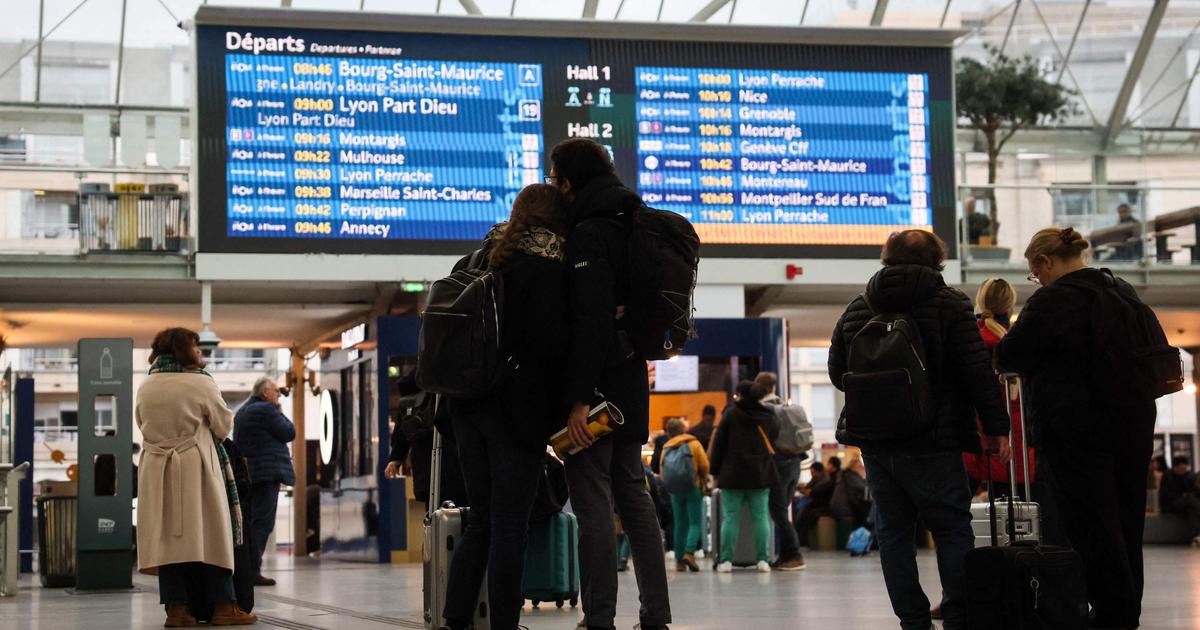After awarding a "golden cactus" to the SNCF last January (a medal for the worst service), the magazine 60 million consumers does it again with a shock dossier: "SNCF: everything derails". At the start of the year, the monthly magazine of the National Institute of Consumer Affairs pointed out all the difficulties encountered by passengers to buy a ticket, exchange it, go to a ticket office or even… take a train, speaking like us we were doing an "airplane" of the train.
READ ALSO - Rachel Picard, the one who dreams of airing the TGV
In its March edition, the magazine presents its study carried out on a sample of 2,859 trains. For example, the organization tried to buy tickets on the site oui.sncf on different dates: five for weekend departures or returns, five for weekday trips. These reservations were made between four months and two weeks in advance. The result is not really favorable to the railway company ...
Read also: TGV: does the ticket cost you less?
First lesson of this study, which is not really a surprise, it is always more expensive to travel on weekends than on weekdays: a ticket purchase fifteen days in advance costs 56.97 euros on average for a one way, against 38.63 euros on weekdays. On the other hand, buying a ticket in advance represents a saving, certainly, but not huge: it will be around 8 to 13% for a purchase fifteen days before the departure date compared to the price posted the day before . And on certain dates, such as during school holidays, it is useless to buy tickets in advance: they will be displayed at almost the same price until the last minute.
These lines where the tariffs make the most "yoyo"
Other concrete and measured teaching, some lines are much more expensive than others. For example, the Paris-Lyon route where the average price on weekdays is 61.15 euros compared to 82.83 euros on weekends. If the State no longer has a say in tariffs, it is still it which fixes the ceiling price. Still on the Paris-Lyon line where it is set at 97 euros, the study shows that 74% of tickets reach this maximum price.
Read also: Why the SNCF strike was "fatal" to night trains
There are also these lines where "the tariffs make the most the yo-yo", that is to say where the difference between the lowest tariff and the highest tariff is very important. This is the case of the Paris Aix-en-Provence line, where we are in a ratio of 1 to 11: € 10 for the lowest rate and € 110 the most expensive rate in seconds.
In its survey, 60 million consumers also highlight the disadvantages of the new "Advantage and Freedom" cards put in place last spring. They have resulted in an increase in ticket prices, all cards combined. For the Liberty card, inflation reaches up to 27%. In addition, the monthly insists, these reductions are not valid in all regions! "A headache for passengers, each region having authority over the commercial policy of its territory," said a spokesperson. An example ? New Aquitaine accepts the youth card and the senior card but refuses the weekend card! This regionalization of the train brings an additional degree of complexity for passengers.
Read also: With a call price of € 10, Ouigo continues its meteoric rise
The study also highlights the complications caused by the different rules in force between Ouigo and TGVs: the conditions of exchange, reimbursement, baggage (Ouigo obliges to pay cabin and hand luggage beyond a certain size), and compensation for delay are different. Knowing that the increase in the Ouigo offer is taking place at the expense of the “INOUI” offer. For example, on the Paris-Montpellier route, two TGV INOUI were deleted and two TGV Ouigo added. "But as the tickets of one are not valid on the other, it is less flexibility for passengers," supports the National Institute of Consumer Affairs.
Read also: How to be compensated for a train delay?
Finally, the report invites passengers to look into the TER offer, which can be very attractive for tight budgets. In fact, in a certain number of cases, going slower makes traveling much cheaper. This is the case for a trip between Paris and Dijon, which requires 2h54 by TER and 1h35 by TGV. The TER is at a fixed price of 36 €, and allows you to take the train you want during the day, while the TGV is always more expensive (usually 56 euros) and forces you to take the train on which you booked.






